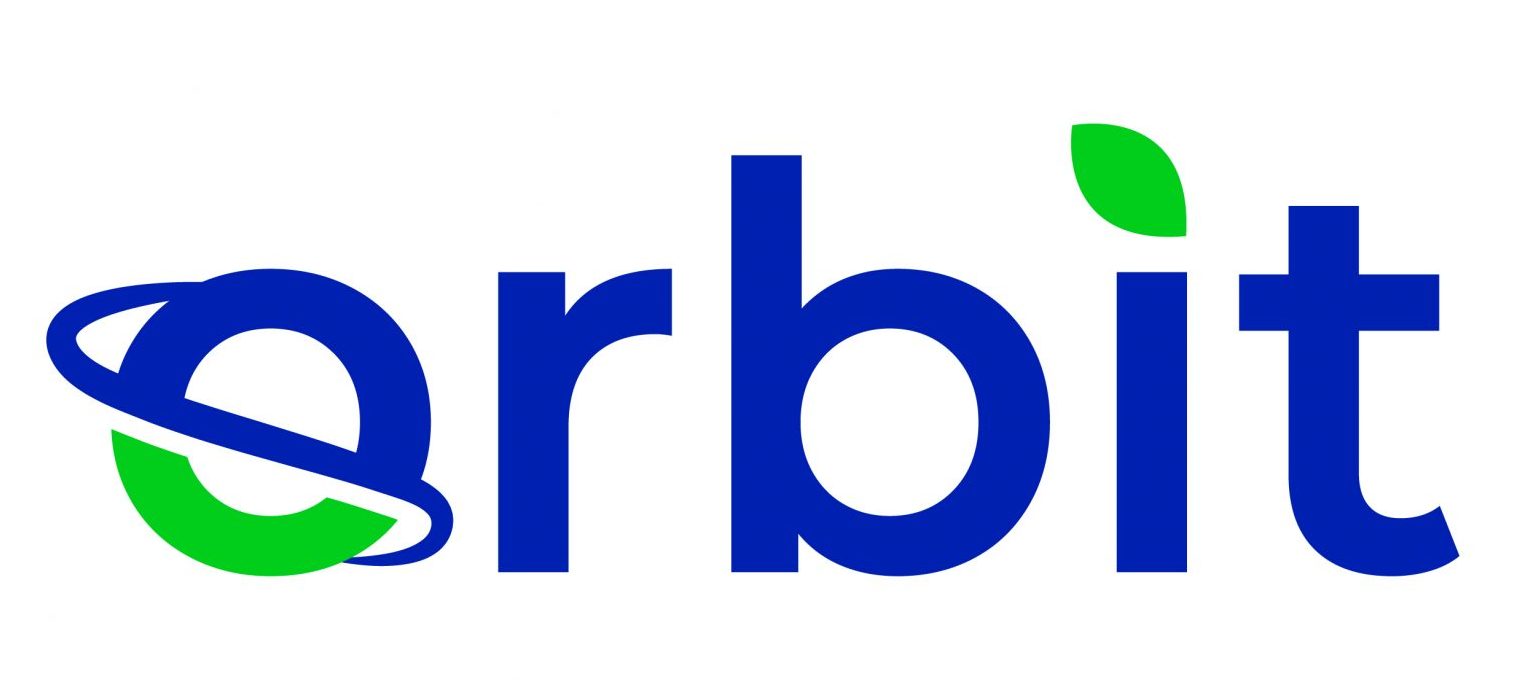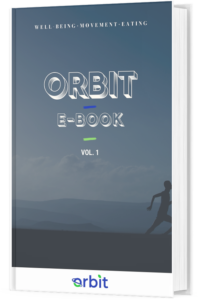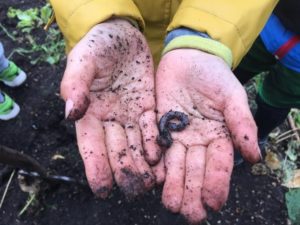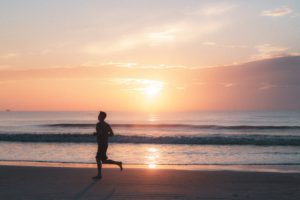I am no professional runner, nor an Olympic athlete, I’m just a woman, like any other, that was slowly immersed into diet culture. Nowadays, diet culture is everywhere: on billboards, TV ads, YouTube advertisements, Instagram, books and magazines. Too often do young girls think that they need to go on diets to lose weight to fit society’s preconceived beauty ideals.
Disclaimer: I do not have a professional degree in nutrition, nor am I a doctor. Please seek professional help for your specific needs.
Dieting Isn’t as Harmless as It Seems1,2
While dieting may seem innocuous, or even healthy, it’s a facade. In recent years, diet culture has found a way to rebrand itself, replacing the word “fat” with “bloat” and claiming that weight loss is in the name of “health and wellness”. But “health” isn’t healthy when taken to an extreme. Diet culture is quite the insidious thing that can lead to poor body image, self-deprecation, weight gain and eating disorders.
I have, for one, been enticed by the wonderful promise that being skinnier would make me happier. That people will be nicer to me and that all my problems will vanish into thin air once I lost those extra pounds. I believed in that. Yet, I slowly understood how wrong I was.
How it Started
Three years ago, I found myself fairly too big in some pictures that were taken of me at the beach. Something had suddenly clicked in my head and the everlasting pursuit of weight loss begun. I cut my caloric intake, ate smoothies and salads daily, started running hours upon hours to burn the most calories while trying to consume the bare minimum for a somewhat “happy” belly. Sure, I lost some weight, but I also lost confidence in myself, control around food, my hair, my libido and my period. All that for what? In the name of health?
It took me a few months to start to recognize the link between my intense workout and eating regime with the physical, mental, emotional and behavioural changes that were happening to me within that time. Losing their period would be a red flag to any woman, right? Yet the loss of menses is now something that has almost been normalized in today’s culture. Having abdominals is touted to be a better indicator of health than having a regular menstrual cycle.
When Dieting Loses Its Fun, Exciting and Glamorous Appeal
After having been two years without a proper menstrual cycle, I started to become concerned with what was happening to my body. I finally went to the gynecologist to get checked, only to discover that I had ovarian cysts. My gynecologist prescribed me the contraceptive pill, an option that I didn’t decide to take, and lead me to do my research to understand the root cause of the issue.
PCOS vs. HA3,4,5
The only condition I had heard of with ovarian cysts as a symptom was PCOS (Polycystic Ovarian Syndrome), yet women with PCOS often have other symptoms such as hirsutism and acne, which I didn’t have at all. I finally stumbled upon a page from the book “No Period. Now What?” from Dr. Nicola Rinaldi that compared the symptoms of women with PCOS to those with hypothalamic amenorrhea (HA). Without getting too “science-y” about it, HA is the absence of menses, caused by a suppression of the hypothalamic-pituitary-ovarian axis, in which no anatomic or organic cause is found. Luckily, it’s potentially reversible, and is often seen in the setting of stress, weight loss and excessive exercise. Having compared the “profile” of both conditions, I drew the conclusion that I was probably suffering from HA and that it was preventing me from having a normal, healthy menstrual cycle.
Long-Term Consequences of the Loss of Menses6,7
Why is it so important to have a period? After all, it seems pretty convenient not to have one. Having HA, or the loss of menses generally, has some long-term health consequences that unfortunately aren’t talked about enough. This is the true dark side of compromising our health for the way we want to look. The resulting loss of estrogen has profound effects on many systems throughout the body including on the cardiac, skeletal, psychological and reproductive systems.
In order to regain true health, I had to ditch the diet mentality, focus on how I felt rather than how I looked, and get my period back. I read numerous scientific papers and bought the book “No Period. Now What?” that recommended an “all in” approach. In essence, going “all in” consists of quitting all forms of intense and strenuous exercise, reducing stress levels and eating a daily minimum of 2500 calories without any dietary restrictions. By following the “all in” approach, I did put on some weight—that was the point after all.
Going “All In” 4,5
The “all in” process might sound frightening and almost absurd considering that it’s probably the exact opposite of all the habits that you have acquired throughout the years. I would be lying if I said that it was easy to gain weight in the society that we live in, but I can confirm that I wouldn’t go back to my old restrictive ways. I have learned to live again, to laugh out loudly, to say yes to dinner parties, to eat without any associated guilt and to forget the caloric value of food. Although I might be physically heavier, mentally I have never felt lighter.
So how do you go “all in” anyway? Well, a great way to start is by eating more and by cutting high-intensity exercise completely. For woman suffering with HA, eating foods that contain simple carbohydrates, such as white bread, white pasta, or sugary snacks, has been recommended to regain a healthy menstrual cycle. Other recommended foods are high-fat dairy products such as ice cream and cheese. Finally, foods that contain high levels of phytoestrogens such as flax seeds, sesame seeds and tofu have been found to mimic women’s natural estrogen, which in turn activates their estrogen receptors. This jump sounds a little scary at first, but just keep in mind your end goal. The faster you commit to this process, the quicker you will witness and feel the changes happening in your body.
Now What?8,9,10
I can proudly say that I have been “all in” for four months now and that I did regain my period, twice so far. This proves how positively my body responded to the rest and the extra fuel I’m giving it. Slowly but surely, I’m learning to feed my body the proper amount of food it needs and eating more intuitively. The natural next step to this journey is to find true balance with exercise and food. To do so, I have been reading “Intuitive Eating” by Evelyn Tribole and Elyse Resch, an incredibly informative book that teaches how to recognize real hunger and satiety signals, to banish food rules and to live a life that doesn’t revolve around “health and wellness”.
Even though I regained my period, the damage of diet culture was unfortunately more than just physical. Getting my cycle back was only an indicator that I was taking the right necessary steps to true health. However, unknotting all the food rules, set times and limits that I had taught myself the two past years is a whole other story. This journey is much more than skin-deep. It’s one of self-acceptance and self-love. To embrace change, to challenge preconceived beauty “ideals”, and ultimately to be kind and compassionate with myself no matter what. This is the beginning to a happier, fuller life.
About Charlotte
If you would like to learn more about this subject, I suggest to follow my Instagram @lifeofchaskye and to subscribe to my YouTube channel @Charlotte Skye.
References
1Duarte, C., Ferreira, C., Pinto-Gouveia, J., Trindade, I. A., & Martinho, A. (2017). What makes dietary restraint problematic? development and validation of the inflexible eating questionnaire. Appetite, 114, 146–154. https://doi.org/10.1016/j.appet.2017.03.034
2Humphrey, L., Clifford, D., & Neyman Morris, M. (2015). Health at every size college course reduces dieting behaviors and improves intuitive eating, body esteem, and anti-fat attitudes. Journal of Nutrition Education and Behavior, 47(4), 354–360. https://doi.org/10.1016/j.jneb.2015.01.008
3Escobar-Morreale, H. F. (2018). Polycystic ovary syndrome: definition, aetiology, diagnosis and treatment. Nature Reviews. Endocrinology, 14(5), 270–284. https://doi.org/10.1038/nrendo.2018.24
4Rinaldi, N. J. Home. No period. Now what? https://www.noperiodnowwhat.com/
5Rinaldi, N. J., Buckler, S., & Waddell, L. (2016, May 28). Resources for understanding hypothalamic amenorrhea versus PCOS. No period. Now what? A guide to regaining your cycle and improving your fertility. http://www.noperiodnowwhat.com/hypothalamic-amenorrhea-info/hypothalamic-amenorrhea-vs-lean-pcos
6Gibson, S. M. E., Fleming, N., Zuijdwijk, C., & Dumont, T. (2020). Where have the periods gone? the evaluation and management of functional hypothalamic amenorrhea. Journal of Clinical Research in Pediatric Endocrinology, 12, 18–27. https://doi.org/10.4274/jcrpe.galenos.2019.2019.S0178
7Shufelt, C. L., Torbati, T., & Dutra, E. (2017). Hypothalamic amenorrhea and the long-term health consequences. Seminars in Reproductive Medicine, 35(3), 256–262. https://doi.org/10.1055/s-0037-1603581
8Zhang, C., Bosch, M. A., Levine, J. E., Rønnekleiv, O. K., & Kelly, M. J. (2007). Gonadotropin-releasing hormone neurons express k(atp) channels that are regulated by estrogen and responsive to glucose and metabolic inhibition. The Journal of Neuroscience : The Official Journal of the Society for Neuroscience, 27(38), 10153–64. https://doi.org/10.1523/JNEUROSCI.1657-07.2007
9Chavarro, J. E., Rich-Edwards, J. W., Rosner, B., & Willett, W. C. (2007). A prospective study of dairy foods intake and anovulatory infertility. Human Reproduction (Oxford, England), 22(5), 1340–7. https://doi.org/10.1093/humrep/dem019





